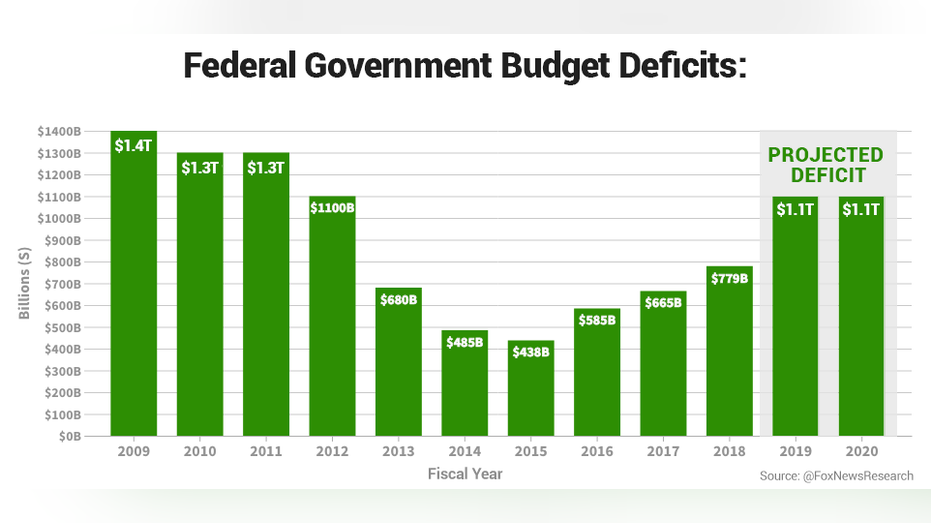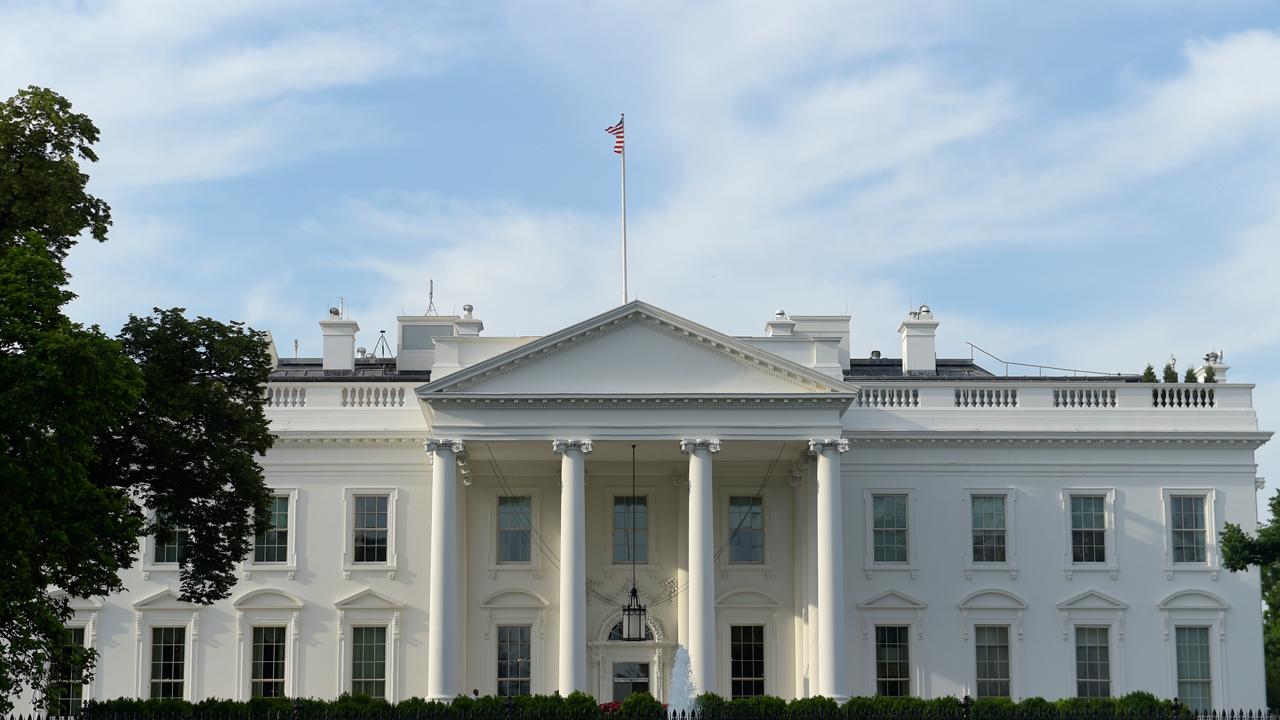The US deficit has skyrocketed to $779B. Why?
This week, the U.S. Treasury Department released the nation’s monthly bank statement, revealing a deficit of $779 billion – a six-year high and a nearly 17 percent increase year-over-year from $666 billion in 2017. According to Stan Collender, one of the leading experts on federal spending, the Trump administration may be responsible.
“From my perspective, the biggest reason we’ve got the deficit increase from $779 billion in 2018 to what’s projected to be $1.1 trillion in 2019 is the tax law that we just passed,” Collender said on Thursday during an interview with FOX Business’ Liz Claman.

President Trump in December signed into law a sprawling tax overhaul (the biggest since President Ronald Reagan still occupied the Oval Office) that permanently slashed the corporate tax rate to 21 percent from 35 percent.
That alone cost the federal government about $200 billion in revenue, said Collender, who previously worked with the House and Senate Budget Committees and eventually founded a blog, “The Budget Guy.”
Even if the economy remains strong, Collender warned that it’s unlikely to offset permanent changes to spending.
In the second quarter of 2018, the U.S. economy advanced by a rate of 4.2 percent, the strongest since the third quarter of 2014, according to the Bureau of Economic Analysis. GDP Now, an up-to-date tracker monitored by the Federal Reserve Bank of Atlanta, is currently estimating third-quarter growth of 4 percent.
“We’d be comparing temporary upkicks in the economy that get revenues up -- if it happens -- with permanent changes in spending and taxes that will bring the deficit up,” he noted.
In order to address the ballooning deficit and national debt, which has skyrocketed to more than $21.6 trillion (interest alone on that exceeds $523 billion), Trump announced an initiative to cut spending by 5 percent across his Cabinet’s departments.
Part of Trump’s solution -- dubbed the “nickel plan” -- requires each Cabinet department to slash the “fat and waste” in the government by cutting 5 percent from the budget by fiscal-year 2020. Congress already approved a defense spending bill in September, so the cuts won’t apply to the military. Collender, however, warned that those spending cuts wouldn’t really address a bulk of the problem, which includes mandatory spending programs like Social Security and Medicare.
“Congress and the president seem to be unwilling to make the spending cuts in the other places -- or any place else. And in the meantime, we’ve got this huge debt buildup and the interest on it that’s the fastest-growing portion of the budget,” he said. “Yes, the president did request that his Cabinet come up with 5 percent spending cuts, but it’s only in about 25 percent of the budget.”




















